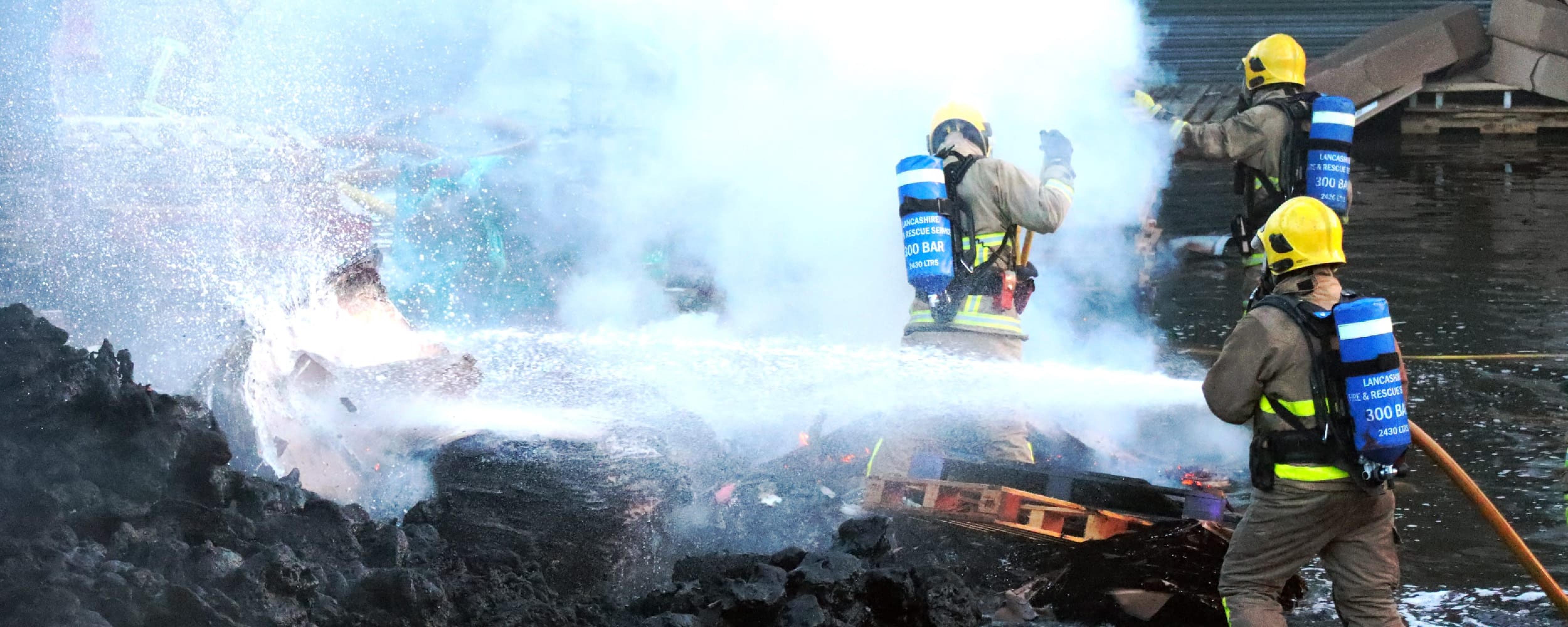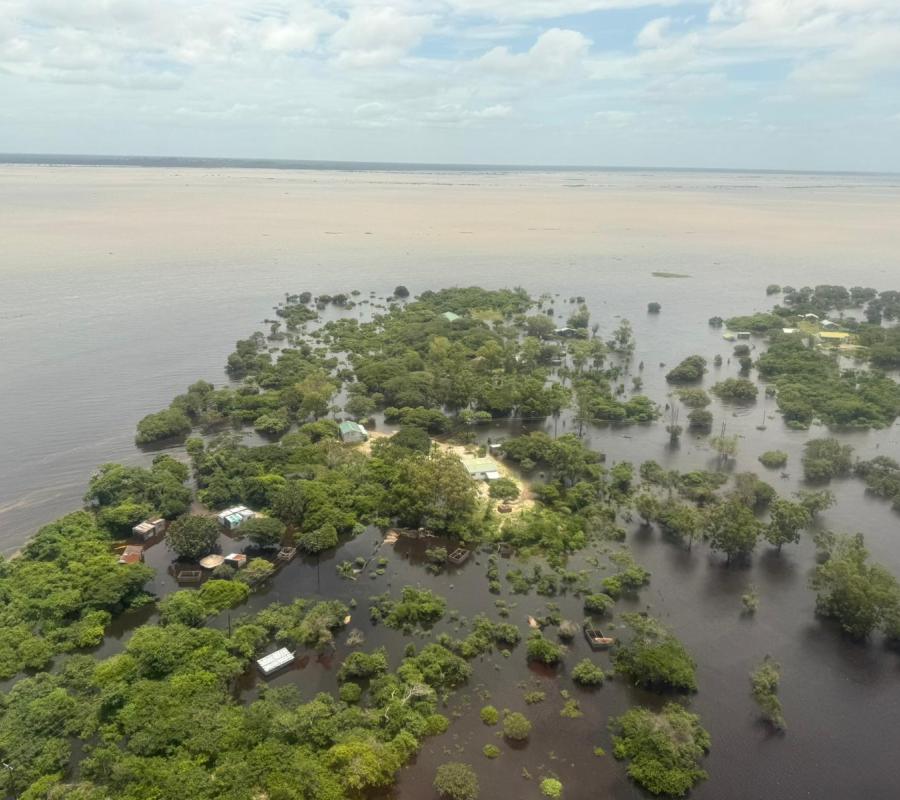What should I think about first?
With so much to think about, it can be challenging to start putting together a business continuity plan. Here is a list of ideas you can use to get started on your own safeguarding measures:
Identify key products and services.
Assess your risks by carrying out a fire risk assessment.
Have a strategy in place in the event of one of those disruptions.
Implement your new strategy and train all staff so that they know it well.
Make a checklist of actions within the initial stages and beyond if the disruption to business is protracted.
Prepare an emergency pack with key contact details of staff and service providers both on site and digitally.
Contact the landlord.
Contact your insurer.
Enlist the help of legal advisors.
Locate all shut off points for utilities such as water and gas.
Obtain floor plans in case these are needed in the future.
Once you've covered these areas, you should have an effective pre-plan ahead of any operational interruptions.





